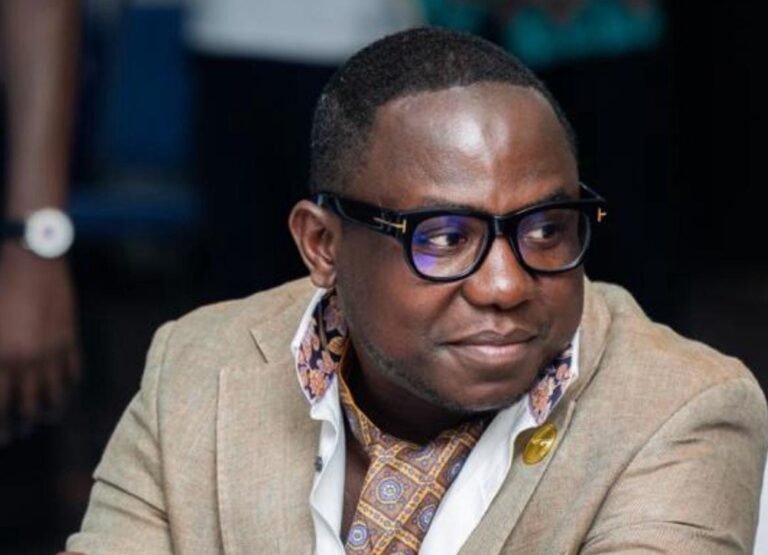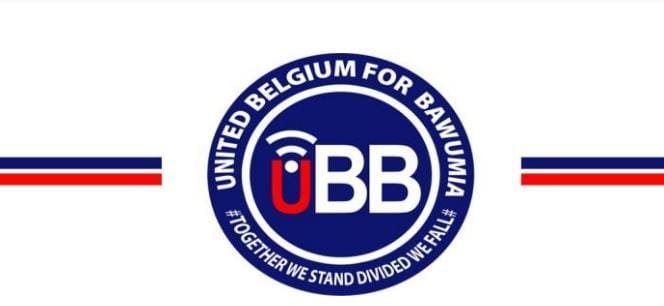
That the controversies surrounding the issue of illegal mining will not go away today is manifest in the decision by a former Minister of Lands and Natural Resources to wade back into the stormy waters, after having been in discreet hibernation since his exit.
Unfortunately, for him, when it was expected that he resigned in the midst of the controversies, if he had any qualms with the nagging intrigues, he stayed on.
But, stay or removed, any further obsession with fault-finding, instead of focus on a collective mission to redeem ourselves, will drag us back in effectively fighting the scourge.
Hard facts
We cannot as a people or government, and collective stakeholders, deny the fact that our beaches, forests, water bodies and total ecology have been under attack, with consequences in poor crop yields, loss of aquatic life, deletion of timber resources and pollution of water sources for domestic and industrial use.
We cannot also ignore the fact that such acts of degradation have culminated in perennial flooding in which lives and property have been threatened and lost over the last two decades.
In addition, we cannot claim this act of collective negligence is not part of the reason fish catch has been minimal, and the industry threatened.
No blame game
So, when the former Minister, in a flight of fury, jumps into the fray and belatedly points fingers at points where he should have initially tackled, the basic response would be ‘why now?’ on the part of many citizens.
But, there are several reasons why this may not be time for blame game. Those reasons include the fact that we have gone past those conversations a long while ago, particularly when Otumfuo laid bare the facts before Ghanaians during a public event on illegal mining.
We may recall that, on that occasion, he minced no words in lumping traditional rulers together with political leaders in prompting citizens and leaders, as well as the smooth and scruffy criminals engaged in illegal mining.
Gangster political campaigns
That is also not to ignore the fact that, during the 2016 and 2020 presidential and parliamentary, a section of the political community benefitted from the fruits of immoral campaigns in which decent candidates lost to warped-minds.
The principles of sincerity, therefore, obligate all Ghanaians to put the past behind them, and focus on cleaner water bodies, greener environment, lusher forests, improved aquatic life and bumper harvests by fishermen, as well as cleaner beaches, lagoons and lakes.
A positive outlook and sharing of ideas with a collective recovery mission is a sign of being civilised, rather than the pervasive noise about who did what or when the seeds of negligence were sown.
Relevant conversation
As any decent citizen or civil society actor would admit, the next hurdle is monitoring of the initiatives put in place to deliver, in reviewing strategies.
From there, we may go to reclamation of land, water bodies and forests, and analyse how effectively selected small-scale miners are performing on allocated sites so that those in charge conduct further reviews.
This is Ghana, where we have a history of recovery in the midst of turbulence – not Kejetia or Oshodi markets – where cacophony is part of the culture of economic survival for informal economy actors.
We reap what we sow
Everywhere on the globe, the law of sowing and reaping works inexorably for the benefit or discomfort of nations. When we protect nature, it gives back to us health and wealth; when we desecrate it, it punishes us with floods, earthquakes, diseases, drudgery and poverty.
Redeeming our environment, landscape, forests, beaches and total ecology is a choice we make as a nation – for eternal satisfaction or agony.







